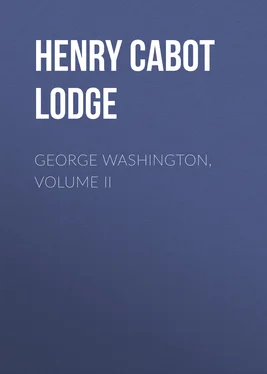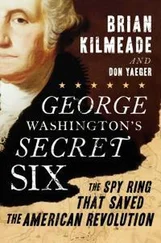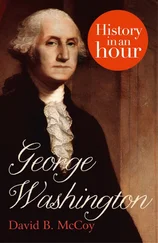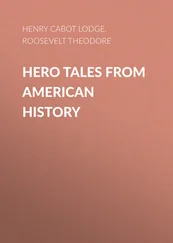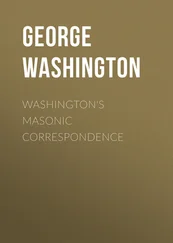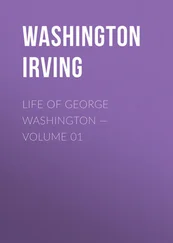It is, therefore, certain that Washington said nothing in the convention except on the occasion of the Gorham amendment, and Mr. Bancroft rightly assigns the Morris quotation to some time during the week which elapsed between the date fixed for the assembling of the convention and that on which a quorum of States was obtained. The words given by Morris, if uttered at all, must have been spoken informally in the way of conversation before there was any convention, strictly speaking, and of course before Washington was chosen president. Mr. Fiske, who devotes a page to these sentences from the eulogy, describes Washington as rising from his president's chair and addressing the convention with great solemnity. There is no authority whatever to show that he rose from the chair to address the other delegates, and, if he used the words quoted by Morris, he was certainly not president of the convention when he did so. The latter blunder, however, is Morris's own, and in making it he contradicts himself. These are his words: "He is their president. It is a question previous to their first meeting what course shall be pursued." In other words, he was their president before they had met and chosen a president. This is a fair illustration of the loose and rhetorical character of the passage in which Washington's admonition is quoted. The entire paragraph, with its mixture of tenses arising from the use of the historical present which Morris's classical fancies led him to employ, is, in fact, purely rhetorical, and has only the authority due to performances of that character. It seems to me impossible, therefore, to fairly suppose that the words quoted by Morris were anything more than his own presentation of a sentiment which he, no doubt, heard Washington urge frequently and forcibly. Even in this limited acceptation his account is both interesting and valuable, as indicating Washington's opinion and the tone he took with his fellow-members; but this, I think, is the utmost weight that can be attached to it. I have discussed the point thus minutely because two authorities so distinguished as Mr. Bancroft and Mr. Fiske have laid so much stress on the words given by Morris, and have seemed to me to accord to them a greater weight and a higher authenticity than the facts warrant. Morris's eulogy on Washington was delivered in New York, and may be found most readily in a little volume entitled Washingtoniana (p. 110), published at Lancaster in 1802.
Just at the close of the convention, when the Constitution in its last draft was in the final stage and on the eve of adoption, Mr. Gorham of Massachusetts moved to amend by reducing the limit of population in a congressional district from forty to thirty thousand. Washington took the floor and argued briefly and modestly in favor of the change. His mere request was sufficient, and the amendment was unanimously adopted.
This passage was written before the recent appearance of Mr. Conway's Life of Randolph . That ample biography, in my opinion, confirms the view of Randolph here given. If, in the light of this new material, I have erred at all, it is, I think, on the charitable side. Mr. Conway, in order to vindicate Randolph, has sacrificed so far as he could nearly every conspicuous public man of that period. From Washington, whom he charges with senility, down, there is hardly a man who ever crossed Randolph's path whom he has not assailed. Yet he presents no reason, so far as I can see, to alter the present opinion of Randolph.
The most lately published contemporary account of this affair with Hancock can be found in the Magazine of American History , June, 1888, p. 508, entitled "Incidents in the Life of John Hancock, as related by Dorothy Quincy Hancock Scott (from the Diary of Gen. W.H. Sumner)."
